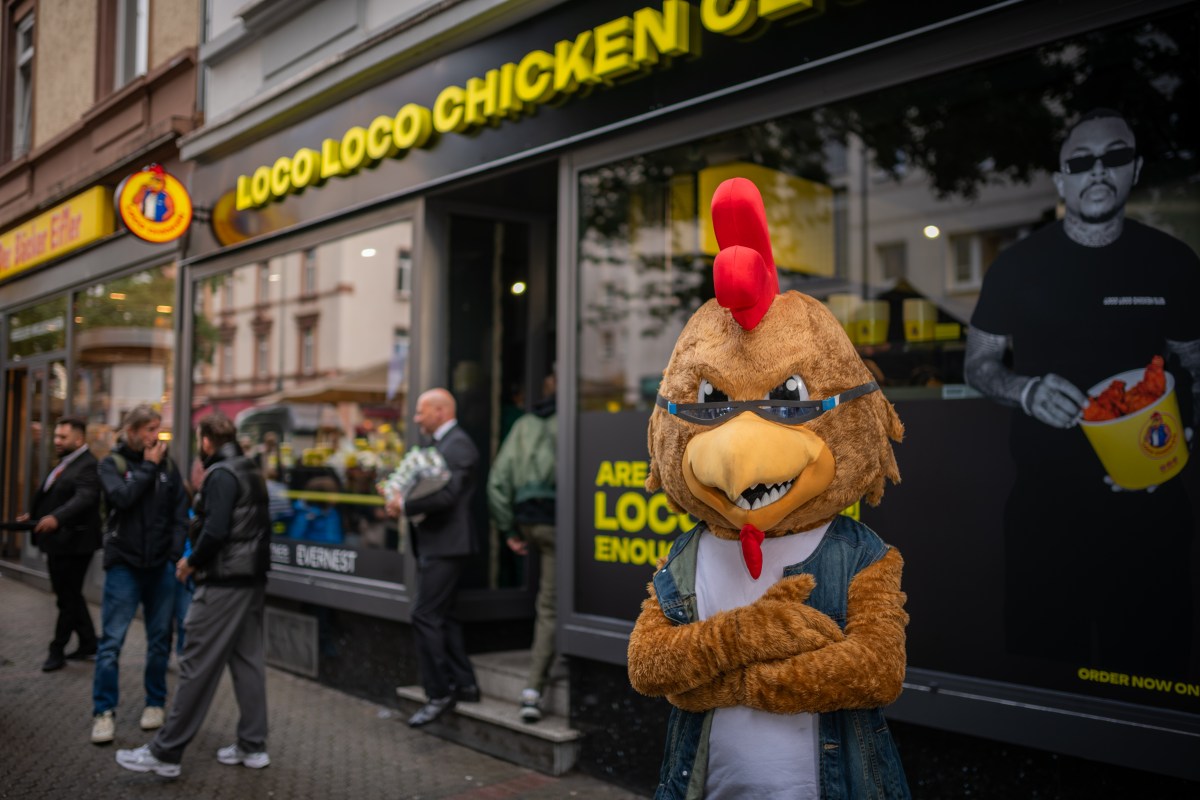E-commerce Startups in the Food Sector Continue to Attract Significant Funding
The Rise of Lanch: A European E-commerce Startup in the Food Sector
Germany’s Lanch, a Food E-commerce Startup that Leverages Social Media and Influencers, Secures €26 Million Funding
Lanch, a Berlin-based e-commerce startup in the food sector, has secured €26 million in funding to expand its business. The company, which taps social media and influencers to develop popular food brands alongside retail networks for distributing them, has shut down a neighborhood with crowds after launching its first physical Loco Chicken shop.
The funding is a Series A round co-led by Felix and HV Capital. The exact valuation of Lanch is not disclosed, but it has raised around $34 million to date. On normal Series A multiples, this likely puts Lanch’s valuation at between $100 million and $150 million.
Expanding in Germany Before Moving to More Markets
Lanch CEO, Nono Konopka, stated that the plan is to use the funding to continue expanding in Germany before moving to more markets. The startup has already developed three brands – Loco Chicken and Happy Slice Pizza, as well as its first packaged food, Happy Chips (potato chips).
Data-Driven Approach to Food Product Development
Lanch will use its data-driven approach, mixing data it sources from social media and other online activity to figure out gaps in the market, to add to its existing list of brands. The company has already had success with this approach, expanding to 350 ghost kitchens making its hot food, including Loco Chicken, which is especially popular. These ghost kitchens are primarily sold in franchise stores and delivered in partnership with food delivery platforms like Lieferando and Walt.
Viral Wins and Partnerships with Social Media Personalities
Lanch has also had a few viral wins to boost its profile, including selling 30,000 pizzas over the course of a weekend when it launched Happy Slice. The company has partnered up with personalities big in the German social media landscape to promote its products. When it launched its first physical Loco Chicken shop, it shut down a neighborhood, requiring the cops to be called in.
Expansion and Scaling Ambitions
Konopka stated that half of the population in Germany knows Lanch’s brands, and the company aims to build its next successful brand in the same vein as Raising Cane’s or Chick-fil-A. The startup has also announced that it will be selling its potato chips in 10,000+ supermarkets and has plans to launch another snack food soon.
Rise of Data-Driven Food Startups
Lanch’s rise underscores the emergence of a new class of startups that rely on social media, data, and previous marketing success to build new products. The company considers itself a technology company due to its reliance on data to inform its business decisions.
Lanch’s data is a massive advantage in understanding where to open a physical restaurant and what food products to develop next. The company has taken a data-driven approach to identify what people like to eat and has leveraged social media and influencers to promote its products.
Challenges for the Food Sector
Still, food-based tech startups have given the industry and investors a lot of indigestion over the years. Multiple fast-delivery startups and online grocery businesses have crashed, wiping out hundreds of millions of dollars in investment. Data-driven D2C food startups have also come and gone, raising hundreds of millions of dollars but ultimately failing to build product-market-fit. One reason many D2C food startups fail is due to costly marketing exercises made for unprofitable unit economics. Lanch’s more efficient cost base has been a major draw for investors.
Source Link





